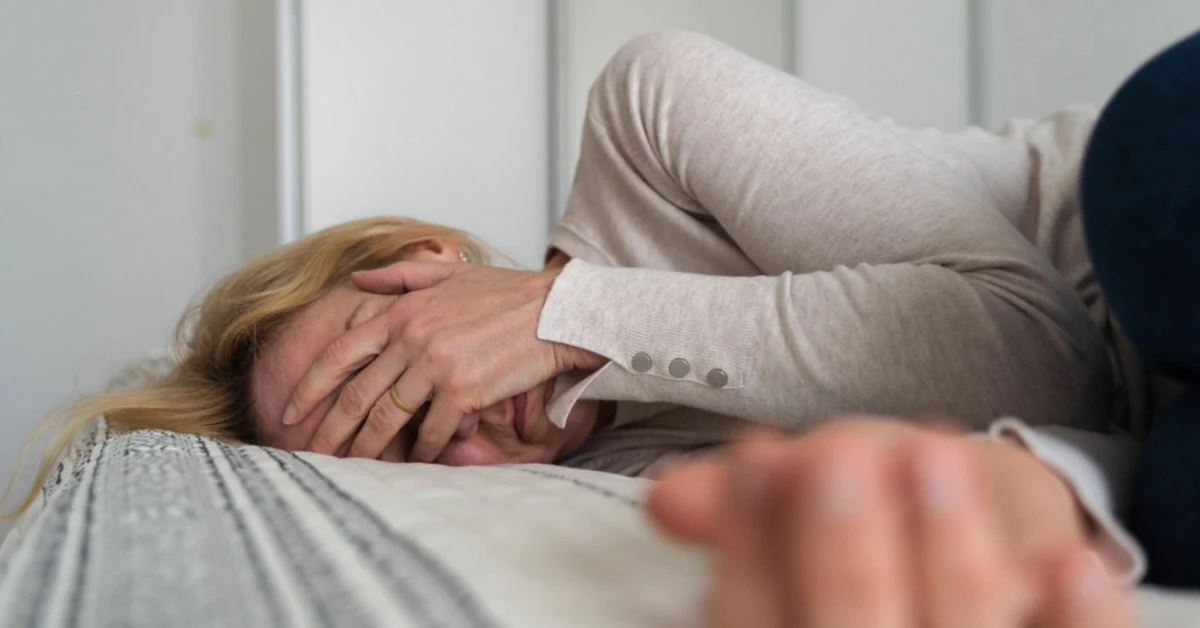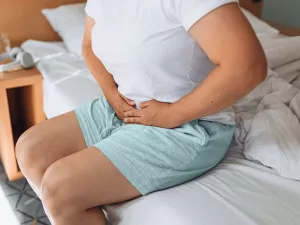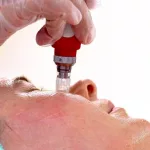Quick Answer Overview
Perimenopause fatigue feels like a “crushing” exhaustion – the kind of bone‑deep wear‑out you get after a nasty flu, where even opening your eyes feels like a chore. It isn’t fixed by a few extra minutes of sleep, and it often shows up with brain fog, dizziness, and a constant urge to nap.
The Hormone Rollercoaster
Estrogen, progesterone, and the energy engine
During the perimenopausal transition, estrogen and progesterone swing like a pendulum. When estrogen dips, it can’t keep cortisol (the stress hormone) in check, so your body stays on high alert. That “fight‑or‑flight” mode drains your mitochondria – the tiny power plants that create ATP, the fuel your cells run on. a study showed that lower estrogen correlates with reduced mitochondrial efficiency, which translates straight into that crushing fatigue.
Sleep disruption and night‑sweats
Think of sleep as the night‑time charging station for your batteries. Perimenopause throws a wrench into that station with night sweats and sudden awakenings. According to Gennev, about 85 % of women report exhaustion that isn’t relieved by more sleep, and two‑thirds say it hurts their quality of life. If you’re waking up drenched and then scrolling on your phone for an hour, you’re basically running on a battery that never finishes charging.
Why dizziness often tags along
Hormone shifts can also affect blood‑pressure regulation and the inner ear’s balance system. That’s why many women notice a light‑headed wobble when they stand up quickly – the classic “perimenopause fatigue and dizziness” combo. It’s not just “being tired”; it’s the whole neuro‑vascular orchestra losing its rhythm.
Recognize Your Fatigue
5‑point Perimenopause Fatigue Checklist
| Symptom | Yes/No |
|---|---|
| Waking up feeling drained despite 7‑8 hours of sleep | |
| Needing an afternoon nap that you can’t skip | |
| Experiencing brain fog or trouble concentrating | |
| Feeling light‑headed or dizzy during the day | |
| Periods becoming irregular, heavier, or more painful |
If you checked “yes” to three or more, you’re likely looking at perimenopause fatigue.
When to call a professional
Extreme, sudden weakness (like the story posted on Mayo Clinic Connect) or persistent dizziness that interferes with daily tasks should prompt a visit to your doctor. Hormone panels, thyroid tests, and a quick anemia screen can rule out other culprits.
Real‑world anecdote
Sarah, 46, thought her constant exhaustion was just “stress from work.” After a week of feeling like she could collapse on the couch, she finally mentioned it to her physician. Blood work showed fluctuating estrogen levels, and a simple lifestyle tweak (short walks after meals) coupled with a low‑dose magnesium supplement lifted her “crushing” fatigue within a month.
Lifestyle Fixes
Move, even if you don’t feel like it
It sounds counter‑intuitive, but a 10‑minute walk can reboot your energy system. Light activity boosts the “feel‑good” hormones (dopamine, endorphins) that estrogen usually supports. Aim for three short walks a day – one after breakfast, one after lunch, and a gentle evening stroll.
Sleep hygiene that actually works
- Keep a consistent bedtime – even weekends.
- Turn off screens at least 30 minutes before bed; the blue light tricks your melatonin.
- Set your bedroom temperature to around 65 °F (18 °C) to reduce night sweats.
- Try a calming pre‑sleep ritual: a warm shower, light stretching, or a short meditation.
Stress‑relief shortcuts
Mindfulness breathing or a quick 5‑minute yoga flow can lower cortisol, which in turn eases the hormone‑driven fatigue loop. If you feel anxious, give yourself permission to pause and breathe deeply – it’s a tiny act that can have a big ripple effect on your energy.
Vitamin Boosters
What nutrients really help?
Research points to a handful of vitamins and minerals that support energy production during perimenopause:
| Nutrient | Why It Helps | Typical Dose |
|---|---|---|
| Vitamin D | Improves muscle function & mood | 1,000–2,000 IU daily |
| Vitamin B12 | Key for red‑blood‑cell formation & brain energy | 250 µg daily (or as advised) |
| Magnesium | Relaxation, sleep quality, reduces muscle cramps | 300–400 mg at night |
| Omega‑3 fatty acids | Anti‑inflammatory, supports brain health | 1,000 mg EPA/DHA combined |
If you want a deeper dive into the science, check out our guide on vitamins for perimenopause fatigue. Remember, supplements work best when paired with a balanced diet rich in leafy greens, nuts, and lean protein.
How to choose quality supplements
Look for third‑party testing (USP or NSF) and avoid mega‑doses that exceed the Recommended Dietary Allowance unless a clinician tells you otherwise. Over‑the‑counter energy drinks aren’t a solution – they often mask the underlying hormonal imbalance.
Medical Options
Hormone‑replacement therapy (HRT)
For many women, low‑dose transdermal estrogen or combined estrogen‑progesterone therapy can smooth out the hormonal rollercoaster, allowing mitochondria to work more efficiently. Discuss risks and benefits with a gynecologist; the North American Menopause Society notes that HRT can reduce fatigue in up to 60 % of users.
Prescription aids
In some cases, doctors prescribe low‑dose stimulants (e.g., modafinil) or antidepressants with energizing properties. These are generally reserved for severe, persistent fatigue after lifestyle changes and HRT have been tried.
Therapy and counseling
Mind–body approaches like cognitive‑behavioral therapy (CBT) for insomnia have proven effective. A 2015 Healthline‑cited study found that CBT combined with regular exercise improved energy levels more than exercise alone.
Real Stories & Case Studies
“I Thought It Was Just Stress” – Maya, 49
Maya described her fatigue as “a fog that settled over my brain and never left.” After a hormone panel confirmed perimenopause, she began a low‑dose estradiol patch, added magnesium at bedtime, and started a weekly yoga class. Six weeks later, she reported feeling “like herself again” – clearheaded, lighter, and able to keep up with her teenage kids.
Clinical vignette (expert view)
Dr. Sameena Rahman, a board‑certified OB‑GYN at Northwestern, shared a case where a 52‑year‑old patient’s fatigue was initially blamed on depression. A thorough review revealed low vitamin D, borderline hypothyroidism, and perimenopausal hormone fluctuations. Treating all three factors restored her energy within three months, underscoring the importance of a holistic assessment.
Final Takeaway
Perimenopause fatigue isn’t just “being a little tired.” It’s a heavy, virus‑like exhaustion that can sabotage work, relationships, and self‑confidence. The good news is that you don’t have to endure it in silence. By understanding the hormonal underpinnings, checking the warning signs, and adopting gentle lifestyle tweaks – plus the right nutrients and, if needed, medical support – you can reclaim your spark.
If you recognize any of the symptoms above, start with the checklist, try a short walk after meals, and consider a quality magnesium supplement. Still feeling stuck? Talk to your provider about hormone testing and explore whether does perimenopause cause fatigue might be the missing piece. For a deeper dive into the science, read our article on why does perimenopause cause fatigue and explore the full range of perimenopause fatigue resources.
Remember, you’re not alone on this journey. Every step you take – whether it’s a 5‑minute stretch, a balanced plate, or a conversation with a trusted clinician – is a move toward feeling like yourself again. Feel free to share your own stories with a friend, a support group, or a healthcare professional. Your experience might be the very thing that lights the way for someone else.

























Leave a Reply
You must be logged in to post a comment.